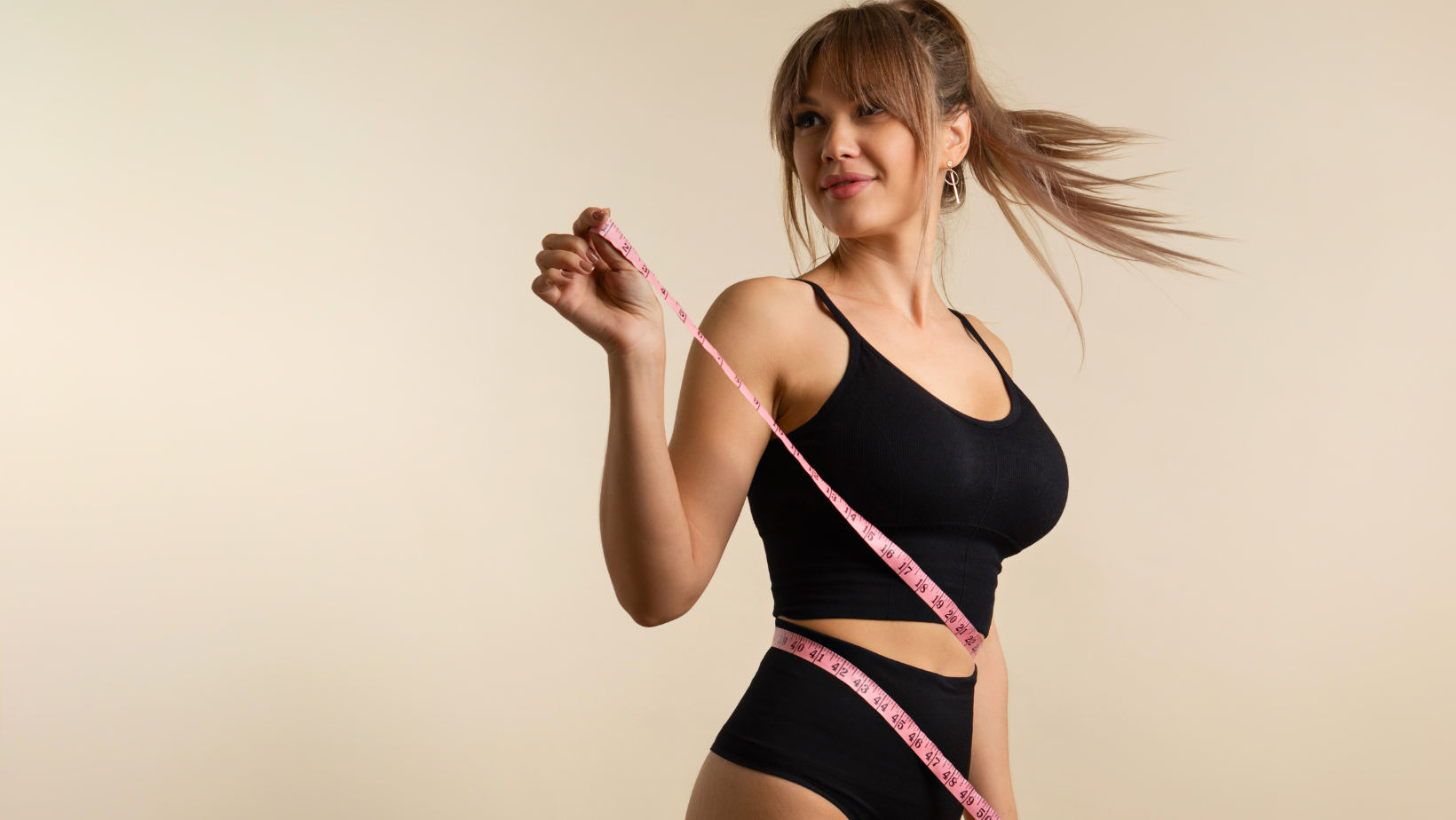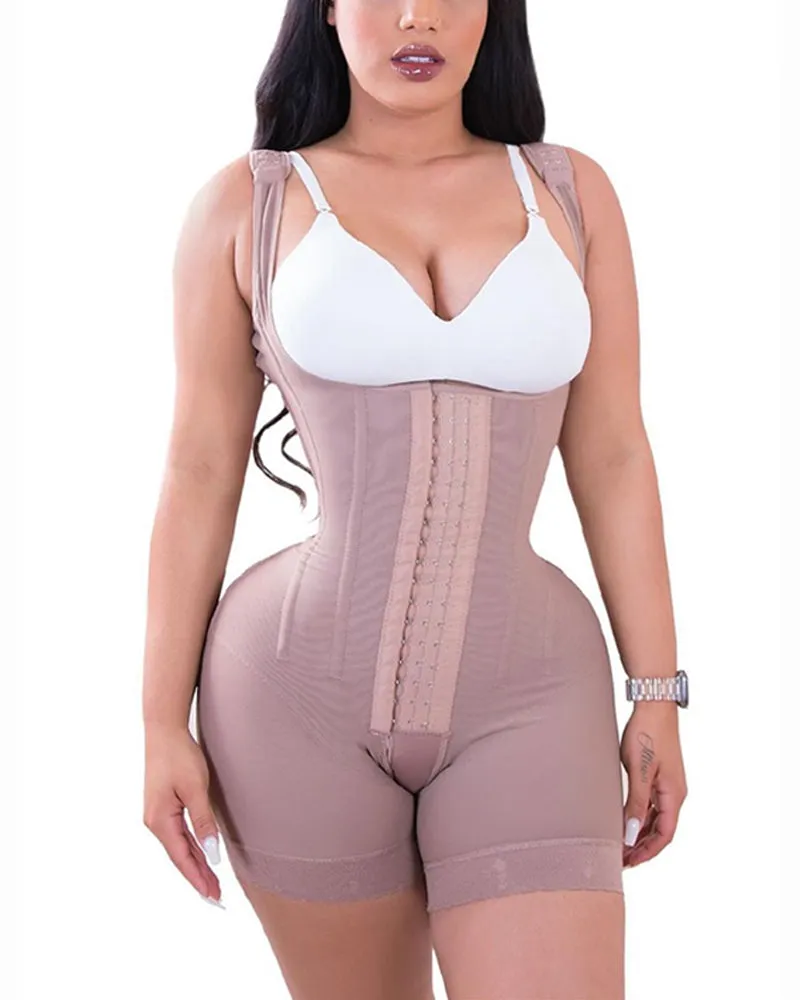
If you had or plan to have a lipotransference, it is important that you know that the success of a surgical procedure also lies in the postoperative period. That is why it is necessary that you know and apply the pertinent care to facilitate your recovery from lipotransference.
This intervention, also known as BBL, consists of extracting fat from areas of the body that have excess, such as the abdomen or hips, to graft it onto others, generally the buttocks, managing to give them greater volume and improve their shape.
So, fat transfer involves two surgical procedures in the same day. Although it is not dangerous, because the fat is cleaned and no implant or artificial material is inserted, like all surgery it involves risks, so it is essential to maintain certain care after a fat transfer to avoid complications in the operated areas and achieve the desired results.
Care Prior to Fat Transfer
Before arriving in the operating room it is important to adopt the following care to contribute to a successful procedure and to prepare the body.
Previous Studies
The first thing is that you go to the surgeon to study if you are a suitable person to perform the procedure. To do this, they will analyze your medical history, your health conditions and will do several studies. For the procedure to be successful, all medical indications must be followed to the letter.
Use a Germicidal Soap
Days prior to the intervention you should bathe with germicidal soap to ensure that the body is clean at the time of the procedure.
Do Not Take Medications With Salicylates
Just as important is that two weeks before the fat transfer and two weeks after, do not take medications that contain salicylates, such as aspirin. These drugs can affect coagulation and facilitate bleeding, so they should be avoided.
Do Not Smoke or Drink Alcohol
If you smoke or drink alcohol frequently, it is also important that you stop using it weeks before the procedure to have better results, since these substances influence the healing process.
Prepare What You Will Need
Finally, be sure to buy all the necessary supplies for the postoperative period in advance. In this way, you will have everything ready for the moment in which they are required.
Care After a Fat Transfer
Once your procedure is done, as in most cases it is ambulatory, you will be able to go home the same day. However, you must be very consistent with post-operative care so that you have a successful fat transfer recovery. Follow the following recommendations:
Take the Medicines on Time
It is essential that in the postoperative period, you take the medications indicated by your surgeon, as these reduce inflammation and the risk of infection.
Save the Indicated Rest
After your lipotransfer procedure, you must keep absolute rest for the next 24 hours, because your body needs to rest and not be in motion.
Take Walks
After total rest, it is important that you take short walks four times a day, as they are necessary to avoid numbness or the generation of clots due to poor circulation.

Take Care of the Sun
During the first three weeks of recovery from a fat transfer, you should not expose yourself to the sun, at least until the bruising disappears. After that, you should wear sunscreen for at least five to six months to prevent hyperpigmentation from developing.
Use a Girdle
Another essential point to have an easier and more successful recovery is to use a postoperative girdle, which exerts pressure on the body, necessary to avoid inflammation and to keep the intervened area protected. In addition, this garment also shapes the figure and promotes recovery. You should only remove it at bath time, so it is important that you have more than one postpartum body shaper so that you can change it and your skin does not become irritated by wearing a dirty girdle for a long time.
Sleep Face Down
Within the care after a lipotransference is taking care of your position when sleeping since both the results and recovery can be affected if you do not sleep on your stomach. It is also important that for at least the first two weeks you do not lean directly on your buttocks when sitting down, except to go to the bathroom. In order not to mistreat your buttocks when sitting, since the fat graft will not yet have adhered well, you can use a buttock cushion, whose soft material will not affect you.
Not Doing Exercises That Burn Calories
You should not be sitting for a long time or standing, intersperse it to avoid discomfort. As for physical activity, you should not do strenuous exercises, or aerobics, jumping, or those focused on losing calories.
Eat Healthily
Healthy eating will also help you in fat transfer recovery. Eat foods rich in protein, fiber, and omega 3, and stay hydrated by drinking enough water.

Follow these recommendations and you will have a successful recovery from fat transfer, with the results you expect and without affecting your well-being. Our best advice that you should always keep in mind is to follow all medical indications, and in the event of any alarm sign, see a health professional immediately.
-(600-600,-)-(280-80,-)-(280-40,-)-(280-80,-)-(460-111,-)-(1).webp?w=460&h=111)







.jpg?w=750&h=1000)

